This list contains our recommended clothing and equipment for our UK based Alpine Training Weekends. It is ideal if you can have 2-3 thin layers that you are able to put on/take off as the conditions change. Thin layers also allow better movement as opposed to one layer of bulky clothing. If you are uncertain or need further information, please contact us.
- Base Layer Top and Bottoms
- 1-2 thermal tops and 1 pair longjohns
- 2 midweight fleece tops or 1 fleece and 1 lightweight duvet jacket
- Lightweight trekking trousers
- Walking shorts or pair of trousers with zip-off legs
- Weather Layer Top
- Gore-Tex or other waterproof breathable jacket
- Lightweight over-trousers with long side zips
- Sun hat and warm hat
- Light, thin gloves plus a pair of insulated gloves in case of cold weather
- Gaiters - Good fitting pair of ankle gaiters to keep socks and boots dry
- 2-3 pairs of good quality socks
For these trips you need a B2 rated boot.
B2 boots are the best option for most alpine mountaineering trips. These are semi-rigid boots available in either leather or plastic/composite options. Leather boots tend to be more comfortable and breathable whereas plastic/composite boots are warmer and more waterproof. They are compatible with C1 and C2 crampons.
Key features of a good alpine mountaineering boot include vibram soles, a reversed leather upper (which protect the best side of the leather from scuffing and abrasion and improves durability and water resistance) and ankle flex and a higher cut which give control, mobility and support.
Boots can be hired but to avoid discomfort it is strongly recommended that you have your own pair which need to be worn-in.
These items are essential for all alpine mountaineering courses. All items can be hired from Mountain Tracks or from sports shops in the Alps. These items cost about £35-£45 each for 6-8 days hire payable in local currency in resort.
- Ice Axe (Not Required in North Wales)
- general mountaineering axe – 55-70cms long depending on your height (Not Required in North Wales)
- Boot crampons with anti-balling plates - (Not Required in North Wales)
- Climbing Harness with adjustable leg loops. Must be large enough to be worn over your outerwear
- 2 Prussik loops, slings and karabiners
- Rucksack - A simple and lightweight pack with a capacity of between 30-35 litres
- Water bottle (at least 1 litre) or Thermos
- Headlamp with batteries - this may not be required for UK weekends
- Penknife
- Personal medications and first aid kit for blisters, sunburn and headaches (Note: Guides will have comprehensive first aid kits and are qualified in mountain first aid)
- Adjustable trekking pole(s) - Optional
- Sun Glasses
- Sunscreen and Lip Protection
- Snack food - fruit or crunchy bars are better than chocolate as a rule. Biscuits to take with afternoon tea are good too
- Passport
- Money
 Off-Piste
Off-Piste Ski Touring
Ski Touring Via Ferrata
Via Ferrata Ice Climbing
Ice Climbing Alpine Glacier Trekking
Alpine Glacier Trekking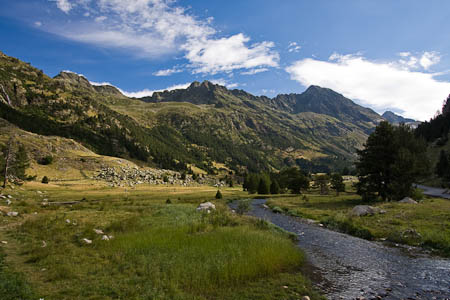 Worldwide Trekking
Worldwide Trekking





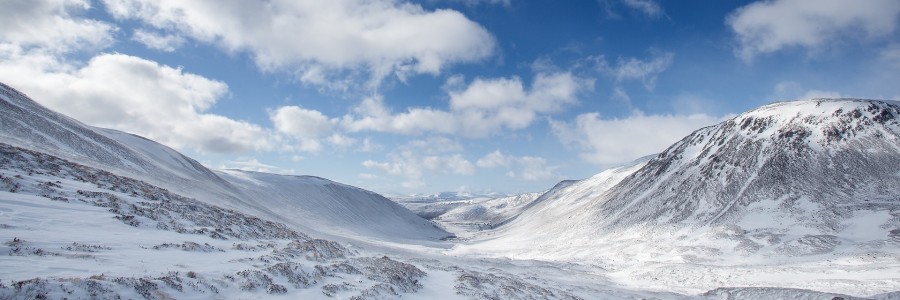
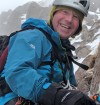

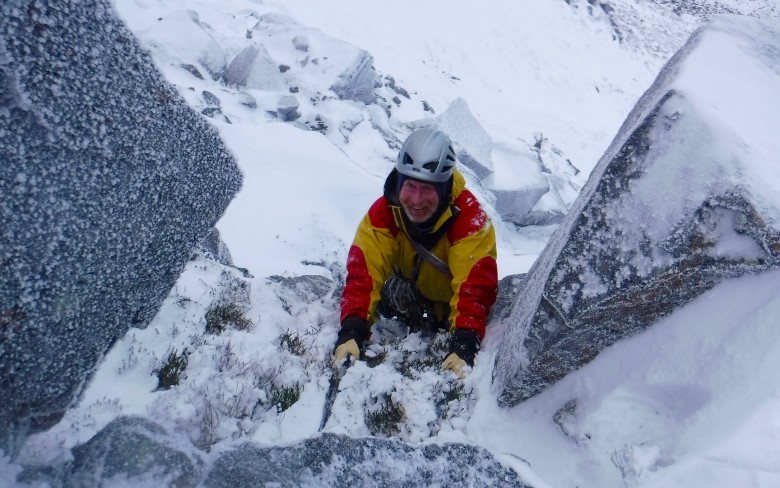
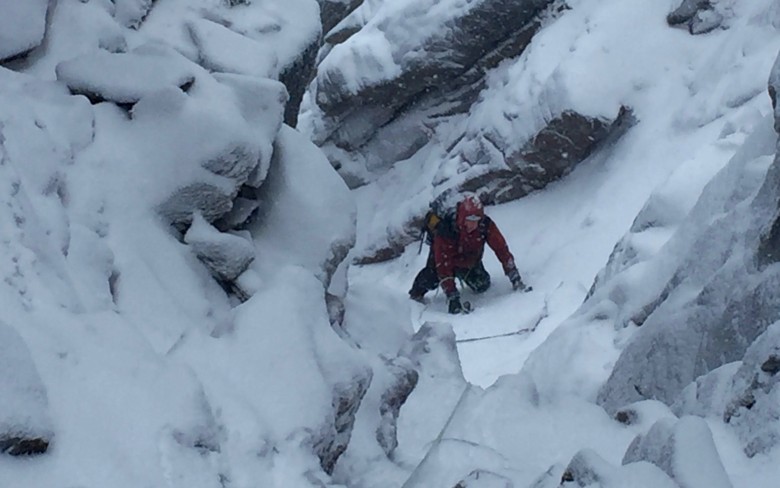
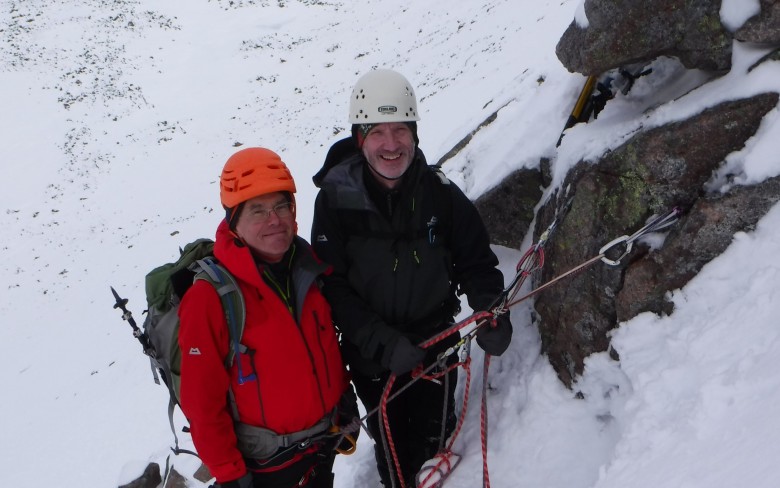
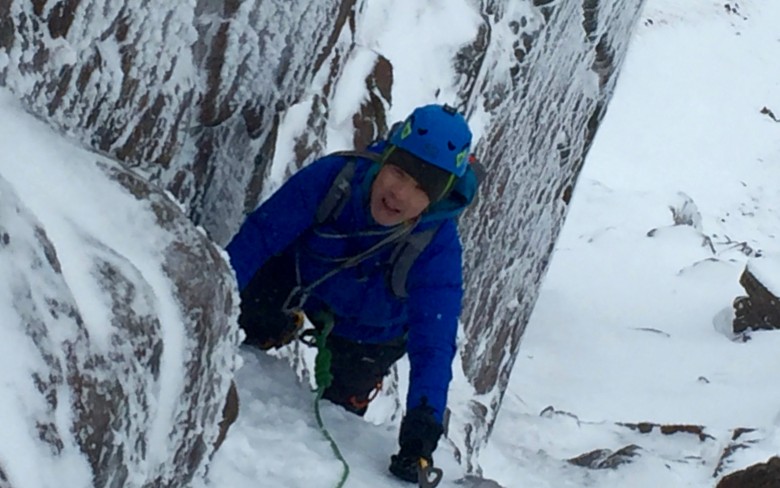

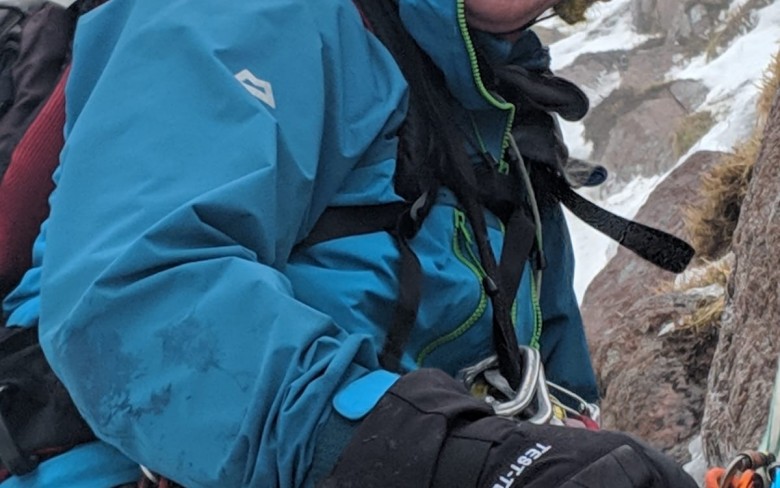
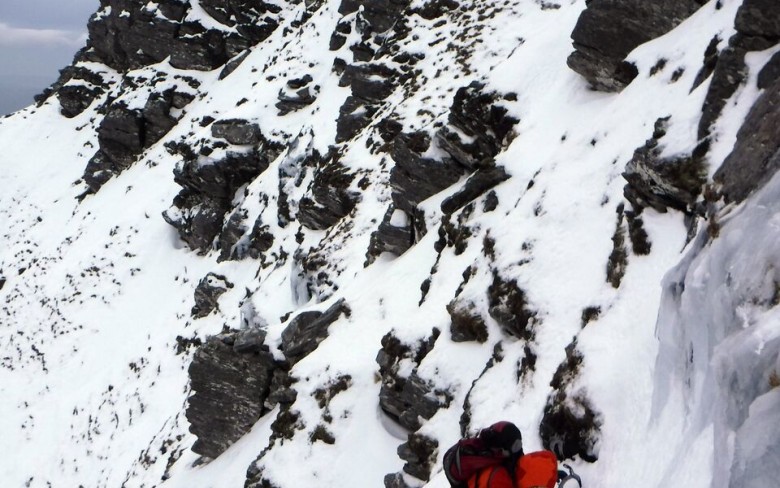
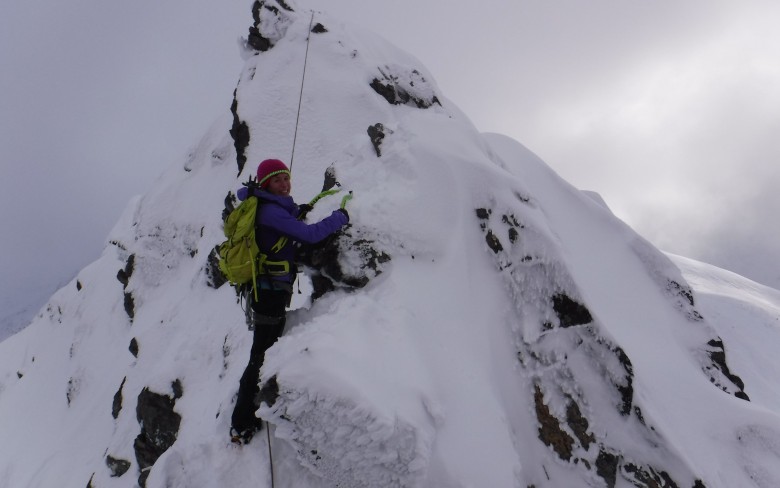
 Travel Website Development
Travel Website Development